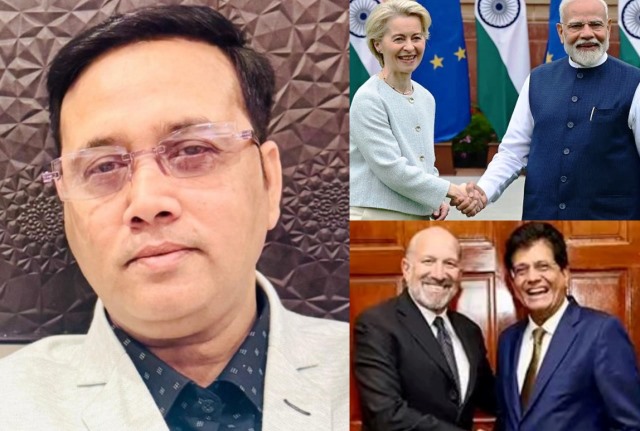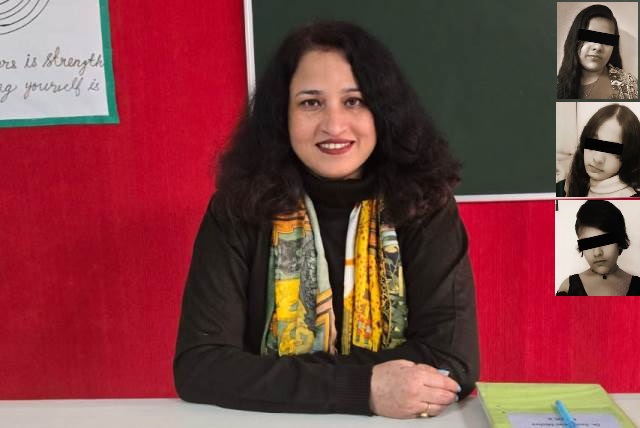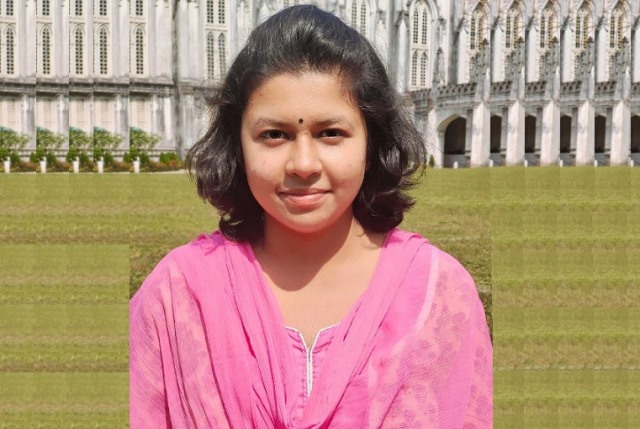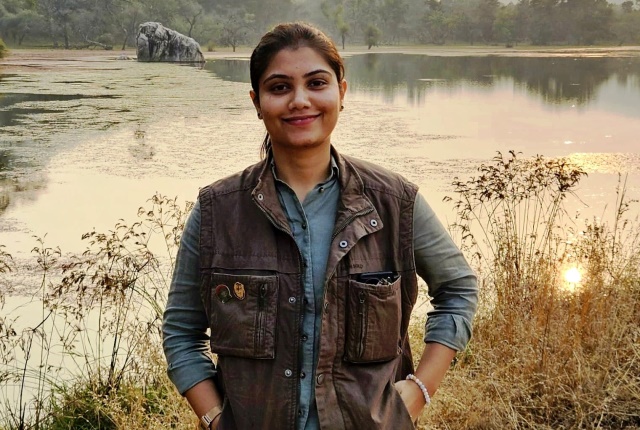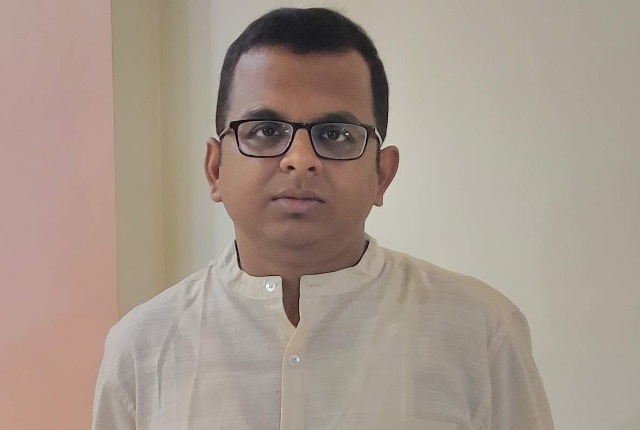
‘Covid Has Normalised Seeking Help From A Psychiatrist’
Dr Seshadri Sekhar Chatterji, a clinical psychiatrist, says the surge in mental health cases during pandemic also took away the taboo attached to entering the psychiatry ward
Till about two months back, I was associated with the psychiatry department of a government hospital in Kolkata (I recently moved to Australia for a fellowship). Over the past two years, I was witness to how Covid-19 affected not only the physical health of its patients but also messed up with the mental wellbeing of scores, including those who hadn’t contracted the virus.
My area of expertise is geriatric (the elderly) and community psychiatry. During the pandemic, it was sad to see how deeply this elderly section of our society was affected due to either the contagion or the fear of it. I saw a large number of patients above 60 reaching out to me for support.
In the geriatric field, when your body is weak, largely due to age-related ailments, the mental issues can become complicated. Many of those who approached us were suffering from anxiety as a long-Covid symptom. The uncertainty of post-Covid complications kept them under constant edge.
The younger and middle-age group also reached out for therapy. I routinely dealt with issues such as job loss, fear of losing livelihood, or unable to bear reports of largescale illness. Some people were dealing with old addiction issues while many reported new addiction patterns due to staying indoors during lockdown.
ALSO READ: Pandemic Caused Mental Trauma To Children
One good thing I saw was that psychiatric therapy is being normalised due to a surge in these cases. We have all understood that is ok to ask for support. There is no judgement around seeking mental health treatment. This was not the case earlier when a visitor to psychiatry ward would be seen as ‘mental’.

Even the less privileged section and people from small towns are understanding the importance of mental health and how clinical help can lead them to a better life. It is heartening to see that people are realising the need to take care of the mental health of their children. As a society, rather than speaking to kids we should learn to listen to them.
Psychiatrists, like other members of hospital faculty, were overwhelmed with the sheer number of cases as well as the unpredictability that the pandemic ushered in. At one point of time I felt that it was important for all healthcare professionals to take good care of their own mental wellbeing, to be able to help others effectively. Every day, we saw people losing their loved ones or struggle for treatment.
The pandemic is a grey zone in the sense everything is grey or unclear and uncertain. When I moved to Australia I saw that even though the administration or medical facilities were superb, India fared better because of its close-knit community, which provided emotional support to people in need. India has more resilience as a community.
Talking to family, friends, exercising frequently and being mindful (neither living too much in the past nor in the future) are the pillars of good mental health. Of course we need to reflect on our own selves and understand what makes us happy. That is my only advice to your readers.
